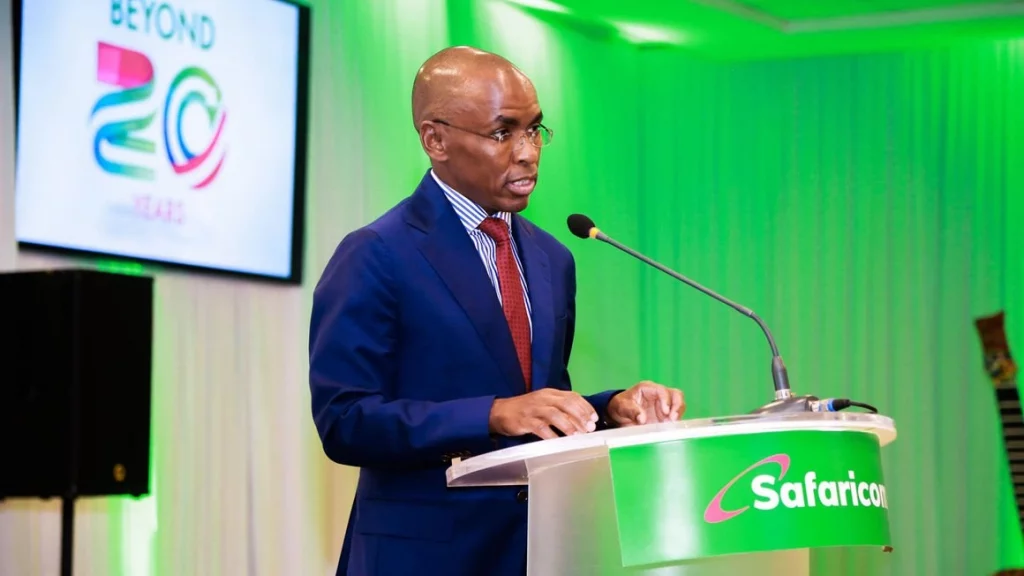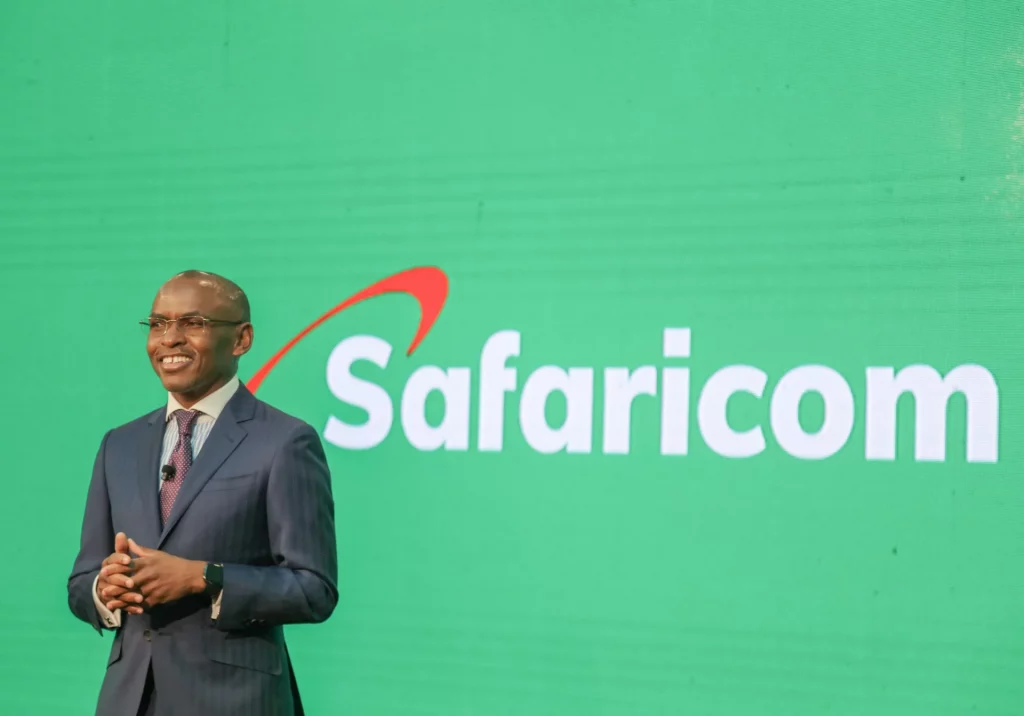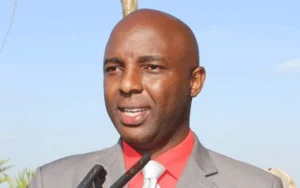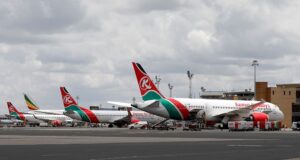Tech giant, Safaricom has employed 400 software developers as it sought to build the capacity necessary to manage its highly digitalized business, highlighting the need for tech skills even as international digital companies opened up shop in Nairobi.
Safaricom’s aggressive hiring of tech-savvy personnel is highlighted by the fact that the new hires represent 6.4% of the 6,230 permanent, temporary, and contracted employees the company had at the end of the previous year.
According to Safaricom CEO Peter Ndegwa, the company is growing its technical staff as it transitions from a connectivity business to a technology company offering a wide range of IT-related services, such as an e-commerce platform on the M-Pesa Super app, loans, wealth management, savings, and insurance.
The company is now directly competing with international companies established in Nairobi, like Google, Microsoft, and Amazon, for tech talent because they are providing the community with better benefits.
“The technology side of the business is becoming bigger, the fintech side is becoming bigger we need people with skill so we have increased developers. We hired 400 new developers. We have increased numbers and doubled the M-Pesa team but mostly bringing in people with a technology background, the developers, and putting them to the agile side under squads and tribes.” Ndegwa said.
The sector needs tech developers as local and foreign businesses to compete for the best talent in the nation.
As part of its Sh115.5 billion investments on the continent over the next five years, the American internet giant Google is investing in Nairobi to become the first product development hub for Africa.
Following the opening of Microsoft’s Sh3 billion headquarters and labs for its main engineering hub, the African Development Centre (ADC), after three years of operation in the nation, Google’s new investment highlights Nairobi’s growth as a regional tech hub.
Amazon Web Services, a division of Amazon that offers on-demand cloud computing platforms, has also made plans to work with Safaricom to establish an AWS local zone in Kenya.
AWS Local Zones are a kind of infrastructure deployment that places select AWS services such as computing, storage, and databases close to densely populated areas and industrial hubs.
Following the opening of Microsoft’s Sh3 billion headquarters and labs for its main engineering hub, the African Development Centre (ADC), after three years of operation in the nation, Google’s new investment highlights Nairobi’s growth as a regional tech hub.
Amazon Web Services, a division of Amazon that offers on-demand cloud computing platforms, has also made plans to work with Safaricom to establish an AWS local zone in Kenya.
Subscribe to our YouTube channel to catch your favorite Switch TV shows
AWS Local Zones are a kind of infrastructure deployment that places select AWS services such as computing, storage, and databases close to densely populated areas and industrial hubs.
Two Root Server (IMRS) clusters will be established, one of which will be in Kenya, according to a separate announcement made by the Internet Corporation for Assigned Names and Numbers (ICANN), a non-profit organization that coordinates domain name systems.
To assist Lipa Na M-Pesa merchants in establishing their companies, Safaricom claims to rely on in-house talent and a network of over 42,000 freelance developers.

According to Ndegwa, the telco now plans to start hiring developers from educational institutions and influencing the curricula to have a larger pool of talent for the future.
“We want to create an ecosystem that enables a thriving developer community. We’ll be announcing soon that we’re teaming up with other digital businesses and institutions to influence curriculum, developer certification, and internships so that we can build talent for the sector in the same way that attorneys and accountants are formed,” he said.
















